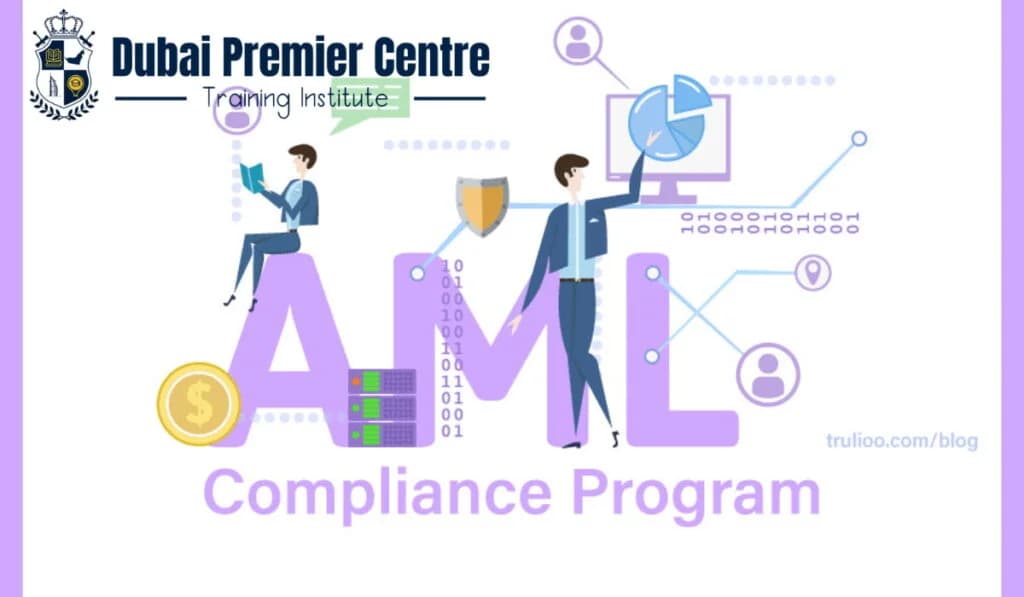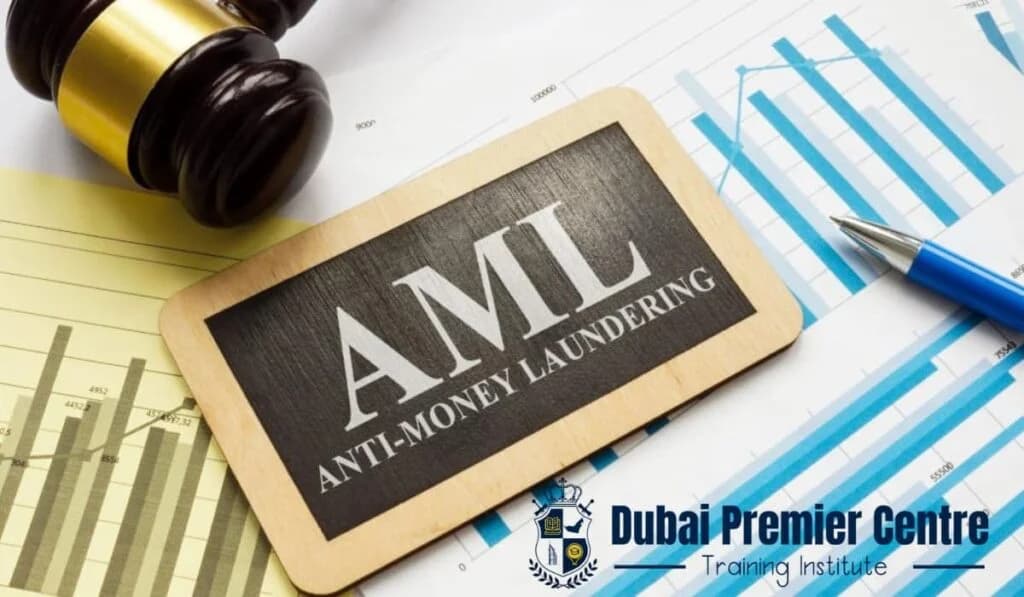Anti-money laundering (AML) managers: Roles and their salary package

Anti-money laundering are the regulations and laws set by the government to help combat criminal activity, such as the spending of illegally obtained funds. AML regulations exist mainly to help stop money laundering activity, an effort by criminals to hide the source of illegally obtained funds.
It is crucial to have AML regulations in place to safeguard the financial system against terrorist financing and a range of other criminal activities, including drug trafficking, tax evasion, and human trafficking. The personality behind managing all of this is an anti money laundering manager. An AML manager makes sure that organizations follow all essential laws. They set up rules to prevent illicit money activities, find potential risks and teach staff. The team under the leadership of AML manager monitors transactions and checks suspicious behavior.
They report issues and update policies to stay compliant. This role helps keep the company safe from financial crimes by managing risks and investigations.
What are the important responsibilities of an AML manager?
Anti money laundering managers play an important role in the institute to protect it from financial crimes. His/her key responsibilities include:
1. Following rules and laws
The first and foremost responsibility of anti-money laundering managers is to ensure that AML programs follow all rules set by authorities. This helps the organization to save from legal problems and keep its operations secure and honest.
2. Utilizing AML/CFT policies
The organization needs to announce clear policies to stop money laundering and other financial crimes. These policies include everyone's role in combating money laundering. AMmanagerser make sure that employees are properly using these rules.
3. Checking and managing risks
The business continuously monitors for potential threats where money laundering or financing terrorism might occur. This includes examining closely various aspects of the business to identify vulnerabilities. Once identifying these threats, the business implements steps and controls to minimize or eliminate them. The process serves to secure the business and maintain trust from customers and regulators.
4. Team oversight
AML managers supervise staff to keep an eye on financial transactions and customer behaviors for suspicious activities like, unusual cash deposits. He/she analyze data with the collaboration of internal teams to find any potential risks.
5. Reporting
If an AML manager detects any suspicious activity the next step is to alert the authorities. This makes sure that management receives regular updates on compliance status, emerging threats, and regulatory changes.
6. Training programs
Setting up different training sessions and e-learning modules to educate employees on money laundering techniques. In these workshops, employees get education related to AML/CTF policies, detection methods and reporting protocols.
7. Technology updates
Scouting out advanced technology (e.g., AI-based analytics) to automate monitoring of transactions, eliminate false positives, and increase risk detection. Implementing real-time alert and audit trail systems.
8. Compliance focus
Ensuring compliance with laws by carrying out periodic reviews, filling gaps, and creating a culture of watchfulness. Giving priority to action on priority cases of high risk and streamlining processes in light of feedback and technological developments.
9. Working together
AML managers cooperate with various team members and other government and authorities to properly follow all set of regulations.
10. Always getting better
Continue to review the company’s AML/CTF plan to identify improvements and ensure it reflects current standards. This protects the company from risks and ensures its safety.
What is the salary of an AML manager?
The salary range of anti-money laundering managers varies from country to country. Below we have mentioned the salaries of managers with respect to different nations.
1. AML manager salary in the United State
The average salary of anti-money laundering managers in the US is approximately $132,702 annually. However, it varies according to, location, experience and a person's education. The range of salaries typically lies between $104,000 and $155,000 per year. The value can also be increased through some business bonuses and benefits. This reflects the high responsibility and specialized skills required in AML management.
2. AML manager salary in United Kingdom
The salary range for an AML (Anti-Money Laundering) Manager in the UK depends on experience, place of work, and company size. AML Manager positions range from £75,000 to £100,000, up to £120,000. As of March 2025, the average AML manager salary stood at £76,035 a year. Still, entry-level positions begin at around £50,000 a year, while most experienced ones may reach up to £80,000 a year.
3. AML manager salary in Dubai
An AML (Anti-Money Laundering) Manager in Dubai typically receives between AED 85,000 and AED 507,000 annually. The mean annual salary for the position is approximately AED 300,000. Salaries vary with experience, qualifications, and the firm employing, according to the role's extensive compliance responsibilities.
4. AML manager salary in China
In Mainland China, the base annual salary of an AML Manager is around ¥240,000, not including bonuses, according to Morgan McKinley's guide to AML/FCC analysts and associates salaries. Glassdoor indicates a wider range of manager salaries in China from $106K to $180K per year, ranging from $160K to $222K for senior managers. This is based on different degrees of experience and seniority in the AML sector.
Is it good to make a career as an AML manager?
AML managers salaries depend on many factors such as experience, location, and industry. In China the average salary range is about ¥240,000, at the same time in the US and UK it varies from $100,000 to over $150,000. Different potential training is also a key factor that increases the salary potential.
The Dubai Premier Center Training Institute has a specialized Course in Anti-Money Laundering (AML) Regulations for Banks that helps professionals acquire information to succeed in AML roles. These types of certifications have the potential of greatly enhancing qualifications, regulatory compliance ability, and job prospects in this high-growth area and hence higher salaries and professional development.
Read Related Articles





